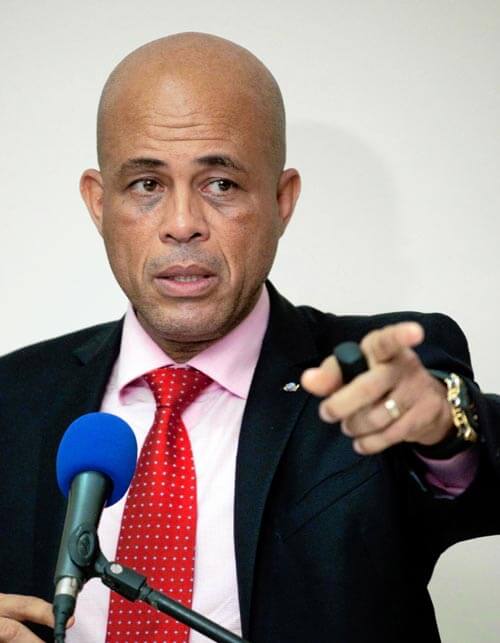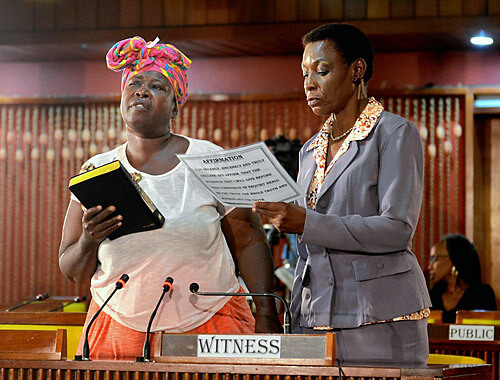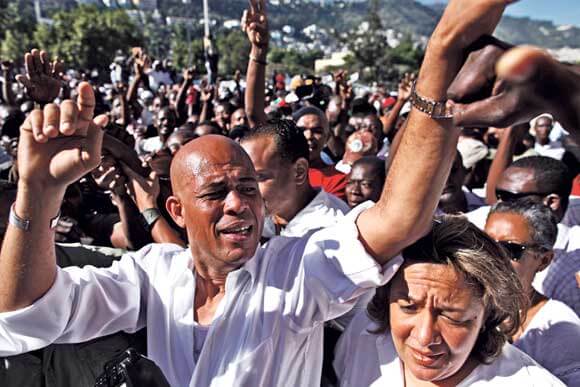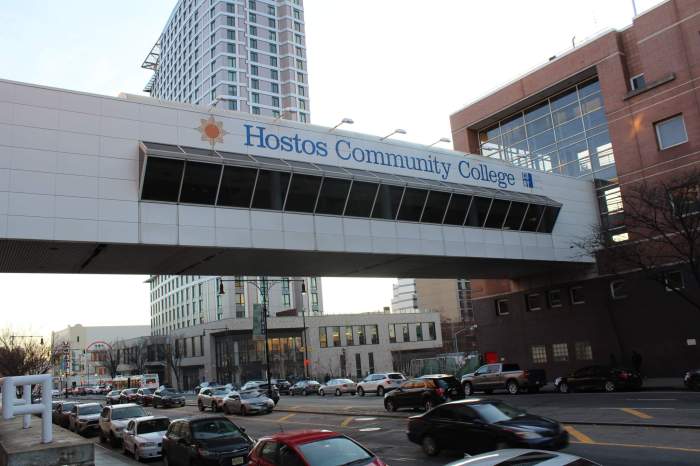Haitian President Michel Martelly has issued an executive order raising the minimum wage for apparel workers.
Based on current exchange rates, the increase from 200 Haitian Gourde to 225 Gourde (US $4.44 to $5) is a 12.5 percent increase, but currency devaluations make the boost equivalent to only an eight percent hike in U.S. dollars, which is widely used in Haiti, according to the Miami Herald.
It said the increase for apparel workers comes after a settlement earlier this month with the Martelly administration.
But Georges Sassine, general manager of Lafito Industrial Free Zone under construction on the northern outskirts of Port-au-Prince, the Haitian capital, and former president of the association of industries of Haiti, said “salary increases without further social services, health, education and transportation provided don’t mean anything.”
“It’s just a continuation of the same,” he added.
Solidarity, the nonprofit affiliate of the American Center for International Labor, said in a report that, based on the cost of basic expenses and a basket of food items, a garment worker in Port-au-Prince needs to earn US$23.12 for an eight-hour day to support a family of four.
The Herald said the pay boost is not only less than what Solidarity has outlined, but also far less than the US$11.11 protesting garment workers have asked for in recent months, as they forced some factories in the capital to stop production.
Yves Savain, the executive director of the commission overseeing the U.S. HOPE legislation that provides preferential trade benefits to Haiti’s apparel sector, said he believes the increase will quell demands.
He said because Haiti’s apparel industry is still relatively small but growing, it can sustain the pay increase.
A recent report issued by Better Work Haiti showed that 39 percent of Haiti’s nearly 30,000 workers were already earning more than the US$4.44 a day minimum and 29 percent earned US$6.66, according to the Herald.
With one of the highest unemployment rates in the hemisphere, the paper noted that Haiti has struggled to attract investors to create jobs.
For example, it said the Caracol Industrial Park in the North has 3,060 employees and six companies — far less than what the U.S. and others anticipated when they backed the construction of the US$300 million park after the January 12, 2010 earthquake.
The park was forced to shut down briefly last week after protesters took to the streets because of the lack of a road.
The CODEVI industrial park on the Haiti-Dominican border has also lost productivity due to sporadic protests over the lack of electricity in the city of Ouanaminthe, the Herald said.
Haitian government officials have defended Martelly’s decision saying that it was based on recommendations of Haiti’s Wage Council, and came after numerous requests over the years by the U.S. government, factory owners and potential investors for clarification on the ambiguously written law, the paper said.

























